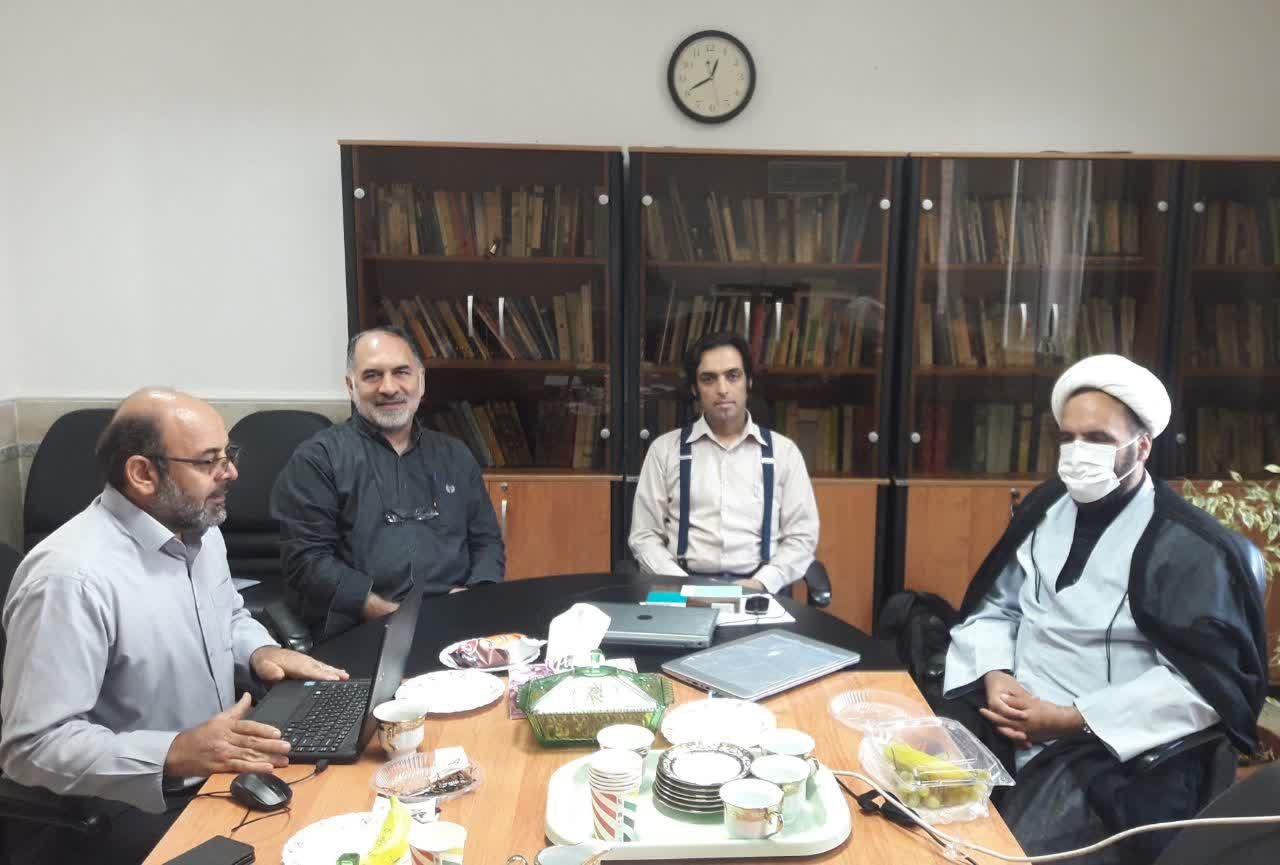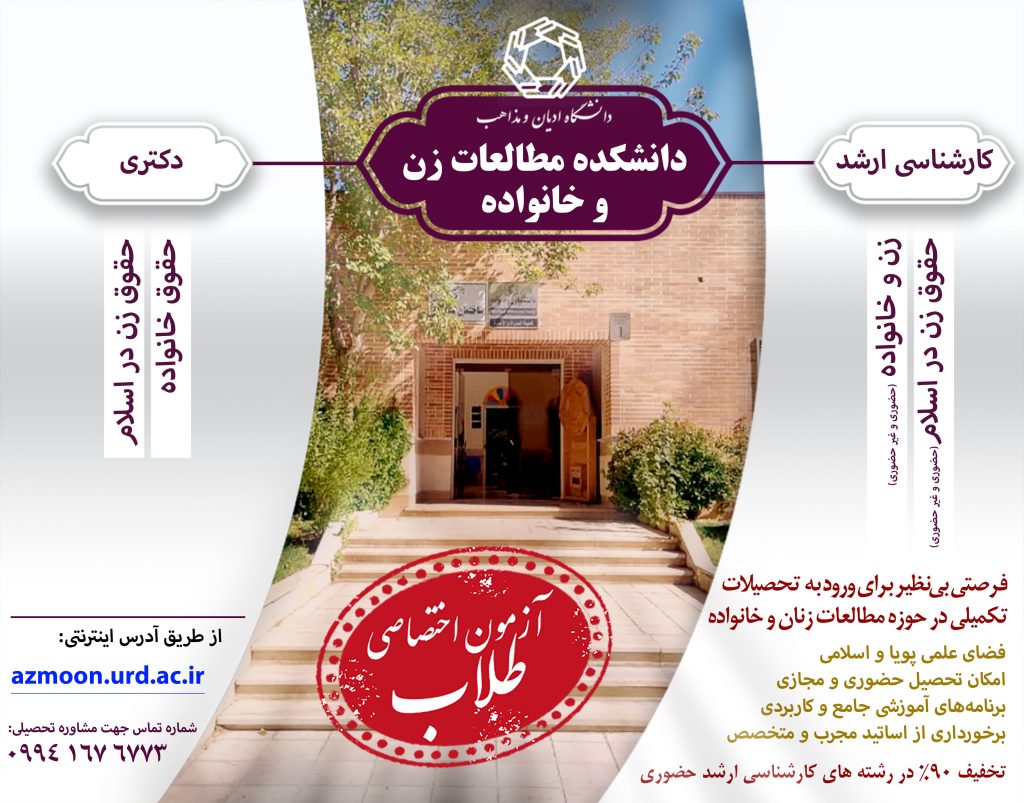گزارش جلسه دفاع از رساله دکتری
جلسه دفاع: آقای وحید ستارزاده لاری (گروه ادیان ابراهیمی) موضوع: تحلیل نجاتشناسی از منظر کارل رانر استاد راهنما: جناب آقای دکتر مفتاح اساتيد داور: جناب آقايان دكتر حسن قنبري، دكتر علي شهبازي و دكتر مرتضي صانعي

چکیده:
مفهومِ نجات مهمترین آموزه مسیحیت است که از یکسو باخدا و عیسی مسیح و از سوی دیگر با انسان و گناه اولیه او مرتبط است. تا پیش از شورای ترنت کلیسای کاتولیک فاقد دیدگاهی رسمی درباره آموزه نجات بود. اما پس از ظهور پروتستانها و دیدگاه آنها که چالشی برای کلیسای کاتولیک محسوب میشد کلیسا به فکر ارائه دیدگاه رسمی درباره نجات افتاد و این تلاش پس از شورای ترنت و مصوبه ضد پروتستانی آن به ثمر نشست. بر اساس مصوبه شورای ترنت که دیدگاه سنتی کاتولیک و انحصارگرا درباره نجات است حتی مسیحیان غیر کاتولیک نیز از دایره نجات خارج هستند. دیدگاه سنتی تا پیش از شورای واتیکان دوم که نجات را منحصر در آن کلیسا میدانست و معتقد بود خارج از آن مرگ است معتبر بود تا اینکه در نیمه دوم قرن بیستم شورای واتیکان دوم امکان نجات غیر کاتولیکها را نیز اعلام کرد. در این میان نقش کارل رانر چه پیش از شورا و چه پسازآن مشهود بود. رانر در جایگاه یک الهیدان کاتولیک وفادار به سنت به چالشها و خطرات درونی کلیسا مثل فردگرایی و خطرات بیرونی آن همچون پلورالیزم، سکولاریسم و الحاد ناشی از آن پی برده بود. او با ارائه دیدگاه شمولگرایانه درباره نجات حتی غیر مسیحیان را نیز شامل نجات میدانست. در این نوشتار با استناد به آثار اصلی رانر دیدگاه او درباره نجاتشناسی و مؤلفههای آن بررسیشده است.
واژگان کلیدی: کارل رانر، نجاتشناسی، انسانشناسی الهیاتی، فیض، شمولگرایی.
Abstract
The concept of Salvation is the most crucial teaching of Christianity, which is related to God and Jesus Christ on the one hand and to man and his original sin on the other hand. Until the Council of Trent, the Catholic Church had no official view on the doctrine of salvation. But after the the Protestants and their view on Salvation, which was considered a challenge to the Catholic Church, The Church tried to declare her official view of Salvation and the effort of her resulted the anti-protestant viewpoint. According to the decision of the Council of Trent, which is the traditional Catholic and exclusivist view of salvation, even non-Catholic Christians were excluded of salvation. The traditional view which believed that salvation was exclusive to the Church and believed that death was outside of it was authoritative until the Second Vatican Council, in the 20th century which church announced the possibility of saving non-Catholics and non-Christians as well. Meanwhile, the influence of Karl Rahner was prominent both before and after the Council. As a Catholic theologian who is faithful to the tradition, Rahner realized the challenges inside the church such as individualism and threats outside of it such as pluralism, secularism and atheism resulting from it. His inclusive view of salvation, considered even non-Christians to be included in salvation. In this dissertation, referring to Rahner’s main books, his view on salvation and its components are examined.
Keywords: Karl Rahner, Salvation, theological anthropology, grace, inclusivism.




